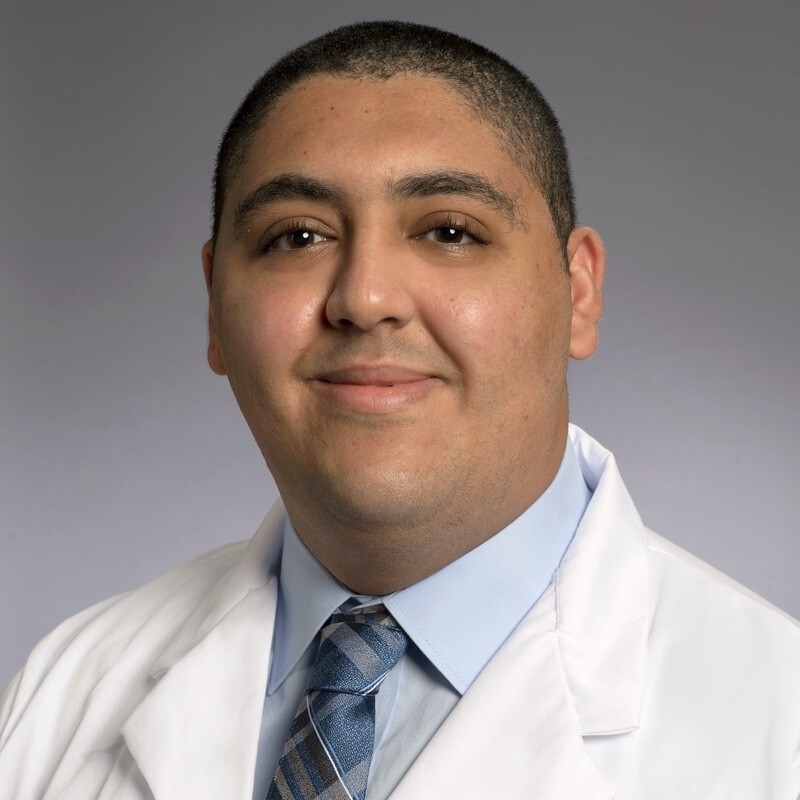Current Trainees
Taylor BLackburn
Program: Chemistry, Emory Laney Graduate School
Faculty Advisor: Christine M. Dunham, PhD
Taylor is working to biochemically and structurally characterize mechanisms of bacterial toxin-antitoxin systems and how these genetic modules contribute to bacterial persistence, which is shown to be a precursor and promoter of antibiotic resistance.
Learn more about Taylor
Mina Henes
Program: Biochemistry, Cell and Developmental Biology
Faculty Advisor: Graeme Conn, PhD
Mina's work aims to blend computational (e.g. advanced molecular dynamics simulations) with experimental biochemistry, microbiology, and structural biology to deepen our understanding of molecular mechanisms underpinning bacterial resistance to antibiotic treatments.
Learn more about Mina
Jeffrey Morgan
Jeffrey’s thesis project is testing combination treatments to identify novel therapeutic strategies that can overcome the limitations of current anti-viral therapy (ART) for people living with HIV.
Program: Immunology and Molecular Pathogenesis
Faculty Advisor: Rama Amara, PhD

Grace Nielsen
Program: Biochemistry, Cell and Developmental Biology
Faculty Advisor: Stefan Sarafianos, PhD
Grace's research focuses on antiviral resistance in the SARS-CoV 2 main protease, non-structural protein 5 (nsp5).
Learn more about Grace
Sushma Timalsina
Program: Microbiology and Molecular Genetics
Faculty Advisor: David S. Weiss, PhD
Sushma is interested in understanding the molecular mechanisms of antibacterial resistance.
